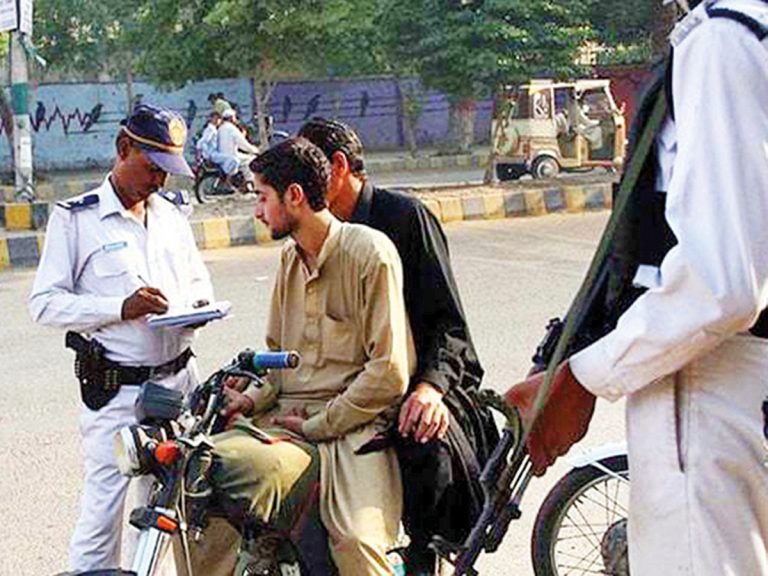Kuwait Court Sentences Man to Death for Child Kidnapping
A recent ruling by Kuwait’s Criminal Court has resulted in a death sentence for a man found guilty of kidnapping and sexually assaulting a nine-year-old boy. The incident occurred in the Hawalli district, drawing significant attention due to the nature of the crime and the defendant’s criminal history.
Details of the Case
The court’s decision followed closing arguments from lawyer Alaa Al Saeedi, who represented the victim. She emphasized the severity of the crime, noting that the boy was abducted while on his way to Eid prayers. Under Article 180 of the Penal Code, the law mandates capital punishment for individuals who kidnap others through force, threats, or deception.
Al Saeedi highlighted the defendant’s extensive criminal record, which dates back to 2003 and includes multiple offenses involving the kidnapping and assault of minors. Forensic evidence corroborated the victim’s claims of sexual assault, further solidifying the case against the defendant.
Implications of the Ruling
In her arguments, Al Saeedi asserted that the death penalty was necessary to ensure justice for the victim and to serve as a deterrent to potential offenders. She stated, “Society awaits the fair application of justice to deter others from committing such crimes.” The ruling has sparked discussions about child safety and the legal system’s role in protecting vulnerable populations.
FAQs
What was the nature of the crime committed in Kuwait?
The crime involved the kidnapping and sexual assault of a nine-year-old boy by a repeat offender, which led to a death sentence being imposed by the court.
What does Article 180 of the Penal Code state?
Article 180 mandates capital punishment for individuals who kidnap others using force, threats, or deception, particularly in cases involving serious harm to the victim.
How has the community reacted to the ruling?
The community has expressed support for the ruling, viewing it as a necessary step towards justice and a deterrent against future crimes targeting children.
Conclusion
The death sentence imposed on the defendant underscores the seriousness with which Kuwait’s legal system addresses crimes against children. This ruling not only seeks justice for the victim but also aims to reinforce societal norms against such heinous acts. Moving forward, it is crucial for authorities to continue prioritizing the safety and protection of vulnerable individuals in the community.
The case has reignited discussions about child protection laws in Kuwait and the effectiveness of the legal system in addressing crimes against minors. Advocates for children’s rights have long called for stricter measures to prevent such incidents and to ensure that offenders face severe consequences. The high-profile nature of this case, particularly given the defendant’s prior offenses, has amplified calls for reforms in how the justice system handles cases involving children. Many believe that a comprehensive approach, including preventive education and community awareness programs, is essential to safeguard children from potential threats.
Kuwait’s legal framework allows for capital punishment in certain severe cases, reflecting the country’s stance on serious crimes. The application of the death penalty, however, remains a contentious issue globally, with debates surrounding its morality and effectiveness as a deterrent. In Kuwait, public opinion tends to favor harsh penalties for crimes against children, reflecting societal values that prioritize the protection of the vulnerable. The court’s decision may influence future cases, as it sets a precedent for how similar crimes are prosecuted and punished.
Furthermore, the case has drawn attention to the need for improved support systems for victims of such crimes. Experts argue that beyond punitive measures, there should be a focus on rehabilitation and psychological support for victims to aid their recovery. The intersection of legal action and victim support is crucial in addressing the long-term impacts of such traumatic experiences. As the community processes the implications of this ruling, it remains to be seen how it will shape future policies and practices aimed at enhancing child safety and welfare in Kuwait.
Also Read:
Sheikh Mohammed Advocates for Education’s Role in Leadership







